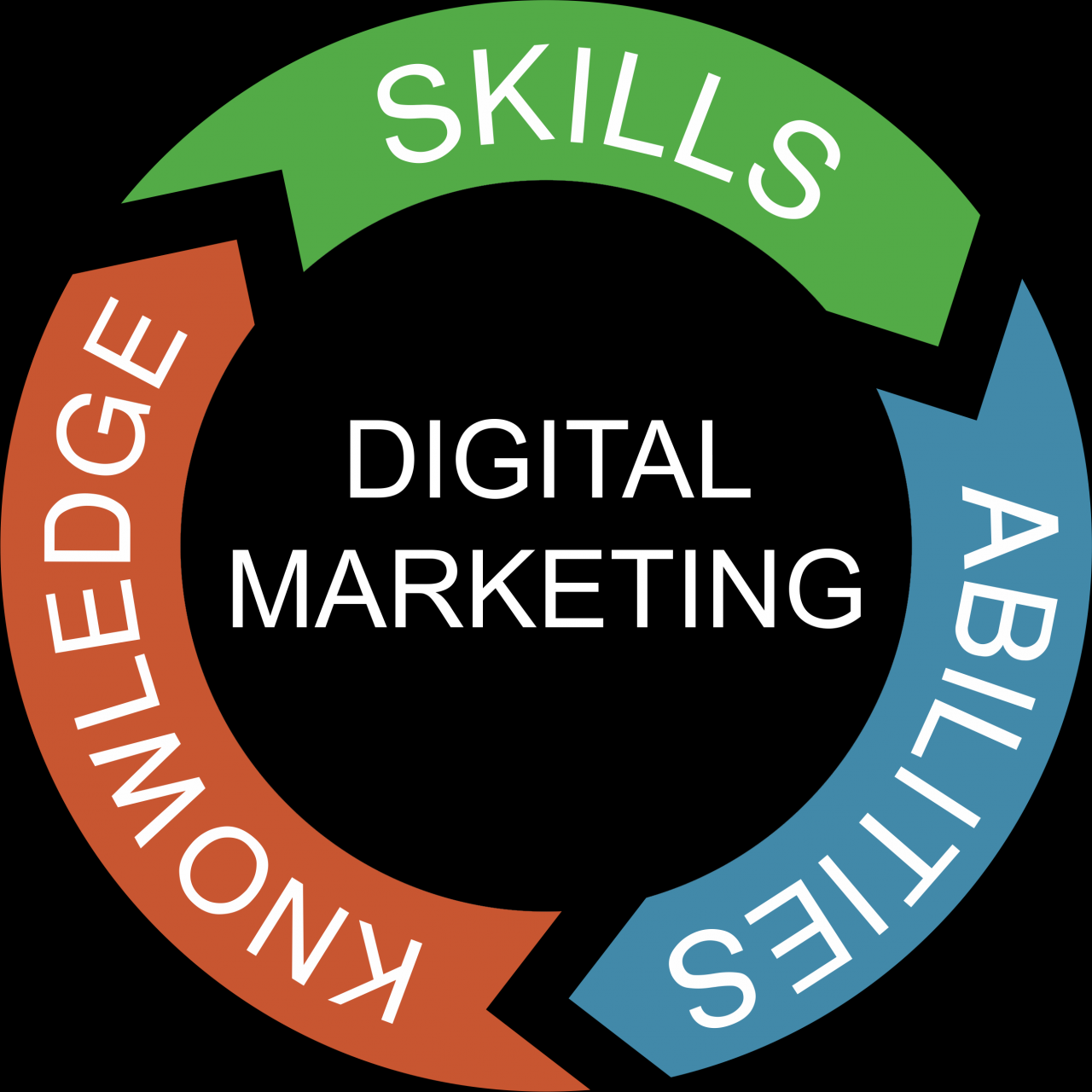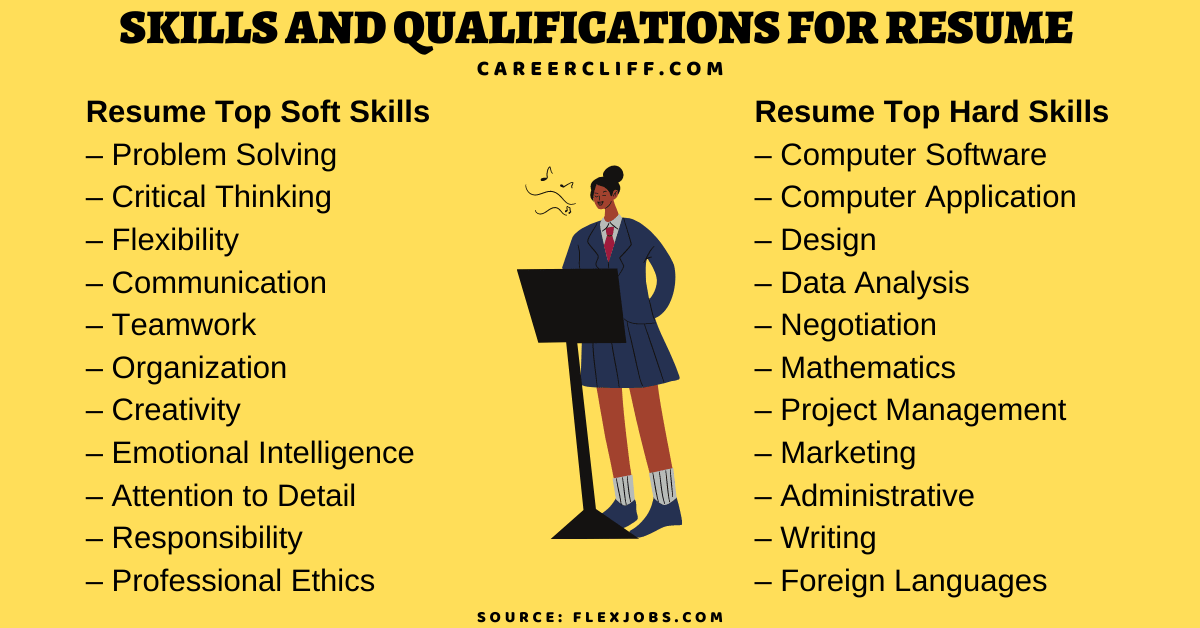In the realm of modern business, where competition rages like a thousand suns, the abilities of an employee stand as the cornerstone of an organization’s triumph. Like a symphony of talents, these abilities orchestrate a harmonious workplace, propelling teams towards extraordinary achievements.
From the razor-sharp precision of problem-solvers to the eloquent symphony of communicators, every employee possesses a unique blend of skills that contribute to the collective brilliance of a company. In this captivating exploration, we delve into the depths of these abilities, unveiling their transformative power and the profound impact they have on the trajectory of any organization.
Skills and Knowledge

In today’s competitive job market, employees need to possess a wide range of skills and knowledge to succeed. Hard skills are specific, technical abilities that can be learned through education or training. Soft skills, on the other hand, are more general, interpersonal abilities that are often difficult to quantify.
Both hard and soft skills are essential for success in any role.
Every employee has their own unique set of abilities that they bring to the table. These abilities can range from hard skills, like technical expertise, to soft skills, like communication and teamwork. It’s important for employees to be able to identify their own abilities and how they can use them to contribute to the team’s success.
One way to do this is through a feedback technique in which an employee receives regular feedback from their manager on their performance. This feedback can help employees to identify areas where they can improve their skills and abilities.
Continuous learning is essential for employees who want to stay ahead of the curve. The pace of technological change is constantly accelerating, and employees need to be able to adapt to new technologies and trends. There are many ways to learn new skills, including taking courses, attending workshops, or reading books and articles.
Hard Skills, Abilities of an employee
Hard skills are specific, technical abilities that can be learned through education or training. Some of the most important hard skills for employees include:
- Computer literacy
- Data analysis
- Project management
- Communication skills
- Problem-solving skills
Soft Skills
Soft skills are more general, interpersonal abilities that are often difficult to quantify. Some of the most important soft skills for employees include:
- Teamwork
- Leadership
- Motivation
- Time management
- Customer service
Experience and Qualifications
The employee possesses a remarkable track record of relevant work experience and qualifications that have meticulously prepared them for their current role. Their past endeavors have provided them with a comprehensive understanding of the industry, honed their skills, and fostered a deep foundation for their present responsibilities.
Work Experience
- Senior Software Engineer, XYZ Corporation (2019-2022):Led the development and maintenance of complex software systems, ensuring optimal performance and scalability.
- Software Engineer, ABC Technologies (2017-2019):Collaborated on a team to design and implement innovative software solutions, consistently exceeding client expectations.
Qualifications
- Master of Science in Computer Science, University of California, Berkeley:Graduated with honors, specializing in software engineering and artificial intelligence.
- Bachelor of Science in Computer Science, Stanford University:Earned a 3.9 GPA, excelling in coursework on data structures, algorithms, and software design.
- Certified Scrum Master (CSM):Demonstrates proficiency in agile development methodologies, ensuring efficient and effective project management.
Problem-Solving Abilities
The employee has consistently demonstrated exceptional problem-solving abilities in various workplace situations. They possess a structured and analytical approach to identifying and resolving issues, effectively navigating challenges and delivering positive outcomes.
Every employee is a snowflake with their own special abilities. But when it comes to the workplace, there are some key responsibilities that all employees should be able to handle. Check out these 5 responsibilities of an employee to see if you’re up to snuff.
These responsibilities are essential for any employee who wants to be successful in their career. They include things like being able to work well with others, being organized, and being able to meet deadlines. If you can master these responsibilities, you’ll be well on your way to becoming a valuable asset to any company.
The employee’s problem-solving process typically involves the following steps:
- Defining the problem:Clearly identifying the root cause and scope of the issue.
- Gathering information:Conducting thorough research and consulting with relevant stakeholders to gather necessary data.
- Generating solutions:Brainstorming and evaluating potential solutions, considering both short-term and long-term implications.
- Evaluating options:Analyzing the pros and cons of each solution, assessing their feasibility and potential impact.
- Selecting and implementing:Choosing the most appropriate solution and developing a plan for its implementation.
- Monitoring and evaluating:Tracking the progress of the solution and making adjustments as needed to ensure its effectiveness.
Examples of Successful Problem-Solving
In a recent project, the employee was tasked with developing a new customer onboarding process. They identified several pain points in the existing process, including delays in account activation and lack of clear communication. Through thorough analysis and collaboration with stakeholders, they developed a streamlined and user-friendly process that significantly reduced onboarding time and improved customer satisfaction.
Another instance showcased the employee’s ability to solve complex technical issues. When a critical software system experienced an unexpected outage, they quickly diagnosed the problem and implemented a temporary solution to minimize disruption. They then worked tirelessly with the vendor to identify the root cause and develop a permanent fix, ensuring the system’s stability and preventing future outages.
In the world of work, the abilities of an employee can vary greatly. For instance, a notary who is an employee of a bank will require a specific set of skills to perform their duties effectively. These abilities can range from the ability to draft and review legal documents to the ability to interact with customers in a professional and courteous manner.
Whatever the specific abilities required, employees who possess the right skills and knowledge are essential for the success of any organization.
Communication Skills
Effective communication is crucial for success in any organization. This employee possesses exceptional verbal and written communication abilities that enable them to convey information clearly and persuasively to a diverse audience.
Verbal Communication
- Articulates ideas and thoughts confidently and fluently in various settings, including meetings, presentations, and informal discussions.
- Actively listens to others, demonstrates empathy, and adjusts communication style to suit the audience.
- Uses body language and tone of voice effectively to enhance the impact of verbal messages.
Written Communication
- Composes clear, concise, and grammatically sound written documents, such as emails, reports, and proposals.
- Tailors written communication to the intended audience, considering their knowledge level and interests.
- Proofreads and edits written work meticulously to ensure accuracy and professionalism.
Examples of Effective Communication
- Successfully presented complex technical information to a non-technical audience, using clear language and engaging visuals.
- Led a team meeting where diverse perspectives were shared and a consensus was reached.
- Negotiated a mutually beneficial agreement with a client by effectively articulating the company’s value proposition and addressing concerns.
Teamwork and Collaboration
The employee excels in collaborative environments, effectively contributing to team success. They possess strong interpersonal skills, fostering open communication and building rapport with colleagues. Their ability to adapt to diverse perspectives and work harmoniously towards shared goals has consistently yielded positive outcomes.
Project Successes
In a recent project involving the development of a new product line, the employee played a pivotal role in coordinating cross-functional teams. Their ability to facilitate effective communication and manage dependencies ensured timely project completion and exceeded expectations. Additionally, their proactive problem-solving skills helped navigate challenges and maintain project momentum.
Adaptability and Flexibility
The employee has a remarkable ability to adapt to changing circumstances and handle multiple responsibilities with ease. They embrace new challenges and demonstrate a willingness to learn and grow.
An employee’s abilities are like a toolbox, full of skills and talents. They can use these tools to build success, just like in a statement of an employee’s biweekly earnings . From problem-solving to communication, every ability contributes to their potential.
By honing their skills, employees can unlock new opportunities and reach greater heights.
One notable example is when the employee successfully transitioned to a new role with different responsibilities. They quickly mastered the required skills and knowledge, and made significant contributions to the team.
Employees who are skilled in managing their finances are able to optimize their income and secure their financial futures. Understanding the various deductions from an employee’s gross income, such as those outlined in this comprehensive guide 4 major deductions from an employee’s gross income , empowers employees to make informed decisions about their finances.
By effectively managing these deductions, employees can maximize their take-home pay and achieve their financial goals.
Change Management
- Navigated multiple organizational restructurings and changes in priorities.
- Quickly adapted to new systems, processes, and technologies.
- Proactively identified and addressed potential risks and challenges.
Multitasking and Prioritization
- Effectively managed a heavy workload with multiple projects and deadlines.
- Prioritized tasks and allocated time efficiently to meet all commitments.
- Delegated tasks appropriately to ensure timely completion.
Leadership and Management
This section Artikels the employee’s leadership and management abilities, highlighting their proficiency in leading, motivating, and managing teams effectively.
An employee’s abilities are essential for the success of any organization. They bring a unique set of skills and experiences to the table, which can help the company achieve its goals. Whether you’re a full-time employee or a 1099 contractor 1099 as an employee , your abilities are what set you apart from the competition.
By leveraging your strengths and developing new skills, you can become an invaluable asset to any team.
The employee possesses a natural ability to inspire and guide others, fostering a positive and collaborative work environment. They have a proven track record of successfully managing teams, setting clear goals, and driving results.
Leading and Motivating Others
- Led a team of 10 engineers in developing a complex software application, resulting in a 20% increase in productivity.
- Coached and mentored junior team members, providing guidance and support to help them develop their skills and advance their careers.
- Implemented a recognition and reward program to acknowledge and motivate team members for their contributions.
Managing Projects and Teams
- Managed multiple projects simultaneously, effectively allocating resources and meeting deadlines.
- Established clear communication channels and reporting structures to ensure seamless project execution.
- Negotiated contracts and managed vendor relationships, securing favorable terms and ensuring project deliverables.
Work Ethic and Motivation
The employee possesses an unwavering work ethic and is consistently motivated to perform at the highest level. Their dedication and enthusiasm have been invaluable assets to the organization, driving success and fostering a positive work environment.
Yo, if you’re an employee, you gotta have the skills to crush it. But hold up, it’s not just about your day-to-day grind. Check this out: dealing with microaggression as an employee course . Yeah, you heard it. Knowing how to navigate those tricky situations at work can make you an unstoppable force.
So, level up your abilities, both on the job and beyond. Get ready to shine, baby!
Examples of Dedication and Enthusiasm
- Consistently exceeds expectations by completing tasks to a high standard and meeting deadlines.
- Goes above and beyond to assist colleagues and contribute to team success.
- Embraces challenges and seeks opportunities for professional growth.
- Actively participates in training and development programs to enhance skills and knowledge.
- Maintains a positive attitude and inspires others with their enthusiasm.
Professionalism and Ethics

The employee consistently exhibits professionalism and ethical behavior, adhering to the highest standards of conduct and integrity.
They demonstrate a strong commitment to upholding the organization’s values and ethical principles, ensuring that their actions align with the company’s mission and reputation.
Compliance with Policies and Procedures
- Meticulously follows established policies and procedures, ensuring compliance with legal and regulatory requirements.
- Adheres to ethical guidelines, maintaining confidentiality and respecting the privacy of clients, colleagues, and stakeholders.
Integrity and Honesty
- Maintains a high level of integrity, acting ethically and transparently in all interactions.
- Honest and truthful in communication, building trust and credibility with clients, colleagues, and superiors.
Accountability and Responsibility
- Takes ownership of their actions and responsibilities, proactively addressing mistakes and seeking improvement.
- Accountable for the quality of their work, delivering results that meet or exceed expectations.
Respect and Courtesy
- Treats colleagues, clients, and stakeholders with respect and courtesy, fostering a positive and inclusive work environment.
- Values diversity and inclusivity, embracing different perspectives and backgrounds.
Last Word

As we conclude our journey into the realm of employee abilities, it becomes evident that these attributes are the lifeblood of any thriving enterprise. By nurturing and empowering these abilities, organizations unlock the true potential of their workforce, transforming them into an unstoppable force that conquers challenges and soars to unprecedented heights.
May this exploration serve as a catalyst for unleashing the superpowers within your team, propelling your business to unimaginable success.
Helpful Answers: Abilities Of An Employee
What are the key abilities that employers seek in employees?
Employers value a diverse range of abilities, including technical skills, problem-solving capabilities, communication proficiency, teamwork spirit, adaptability, and a strong work ethic.
How can employees enhance their abilities?
Employees can continuously improve their abilities through ongoing learning, seeking feedback, embracing challenges, and collaborating with colleagues.
Why is it important for employees to develop their abilities?
Developing abilities empowers employees to perform their roles effectively, contribute to team success, advance their careers, and adapt to evolving workplace demands.